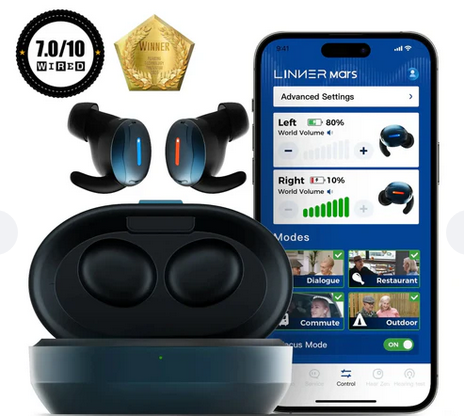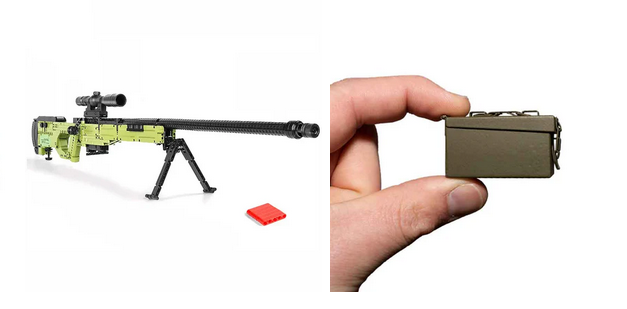Are OTC In-Ear Hearing Aids Worth It? Pros and Cons Explained

Strong 8k brings an ultra-HD IPTV experience to your living room and your pocket.
In the past, hearing aids were only available by prescription, following a series of tests and fittings from audiologists. But today, over-the-counter OTC in ear hearing aids are changing the landscape. Approved by the FDA in 2022, these devices promise to make hearing assistance more accessible and affordable for millions of Americans with mild to moderate hearing loss. But are they really worth it?
Let’s explore the pros and cons of OTC in-ear hearing aids to help you decide whether they’re a smart investment.
Pros of OTC In-Ear Hearing Aids
1. Cost-Effective
Traditional hearing aids can cost anywhere from $2,000 to $7,000 per pair. OTC models, on the other hand, often start at around $300–$1,000 per pair, making them far more affordable for those without insurance coverage.
2. Easy Access
No doctor’s visit or prescription is required. OTC hearing aids are available online and in pharmacies, making them a convenient option for people who want to address hearing loss quickly without scheduling an appointment.
3. Modern Features
Many OTC devices now come equipped with Bluetooth connectivity, smartphone apps for customization, noise reduction, and rechargeable batteries. These features are increasingly on par with those found in prescription models.
4. Discreet Designs
Today’s OTC in-ear hearing aids are often small and unobtrusive. Some are even designed to be "invisible" within the ear canal, providing comfort and confidence for wearers concerned about aesthetics.
Cons of OTC In-Ear Hearing Aids
1. Not for Everyone
OTC hearing aids are designed for mild to moderate hearing loss. They’re not suitable for people with severe or profound hearing difficulties, or those whose hearing loss is caused by underlying medical conditions that require professional treatment.
2. No Personalized Fitting
Unlike prescription hearing aids, OTC options don’t involve an audiologist’s expertise. That means no audiometric testing or fine-tuning, which can lead to suboptimal performance for some users.
3. Trial-and-Error Experience
Because there’s no professional fitting, users often go through a trial-and-error phase to find a model that works well for them. Some may give up prematurely if their first purchase doesn't meet expectations.
4. Limited Support
While some OTC brands offer customer service and tech support, the level of care varies widely. You may not get the same kind of long-term support and follow-up that you would through an audiologist.
So, Are They Worth It?
OTC in-ear hearing aids can be a game-changer for many—especially those with mild hearing loss, limited budgets, or a desire for convenience. They're a great first step for people who suspect they're experiencing hearing difficulties but aren't ready to commit to the traditional hearing aid route.
However, they aren’t a one-size-fits-all solution. If you're unsure about the extent of your hearing loss or if OTC devices aren't helping, it’s important to consult a licensed audiologist. A professional evaluation may reveal underlying issues or guide you toward a more suitable solution.
Final Thoughts
OTC hearing aids represent an exciting shift toward more accessible hearing care. They offer an affordable and convenient entry point—but they’re not a replacement for professional guidance when it’s needed.
If you're considering trying them out, start with a reputable brand that offers a risk-free trial period, good return policies, and solid customer support. Your hearing health is worth investing in—whether that starts with OTC aids or a visit to an audiologist.
Note: IndiBlogHub features both user-submitted and editorial content. We do not verify third-party contributions. Read our Disclaimer and Privacy Policyfor details.







